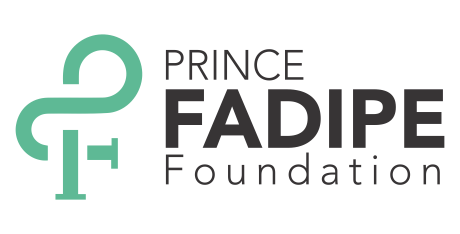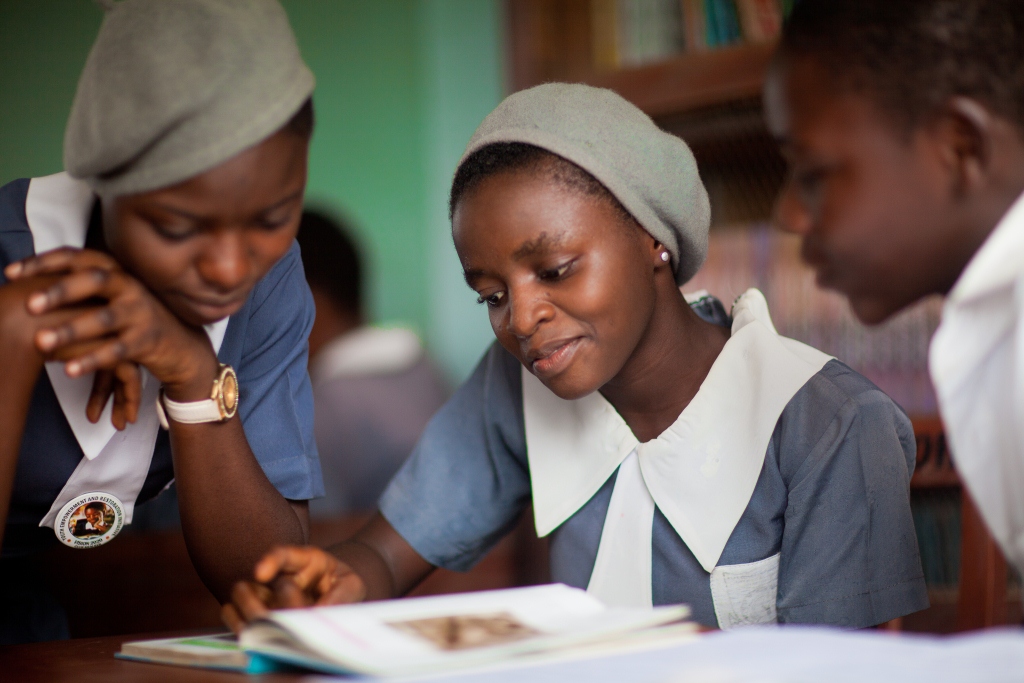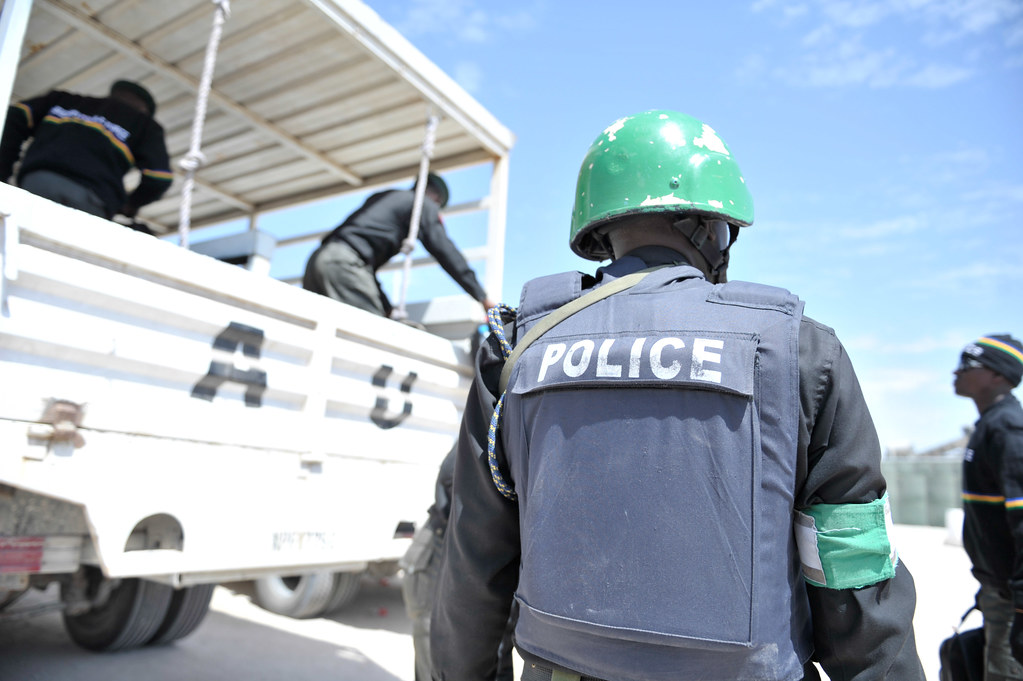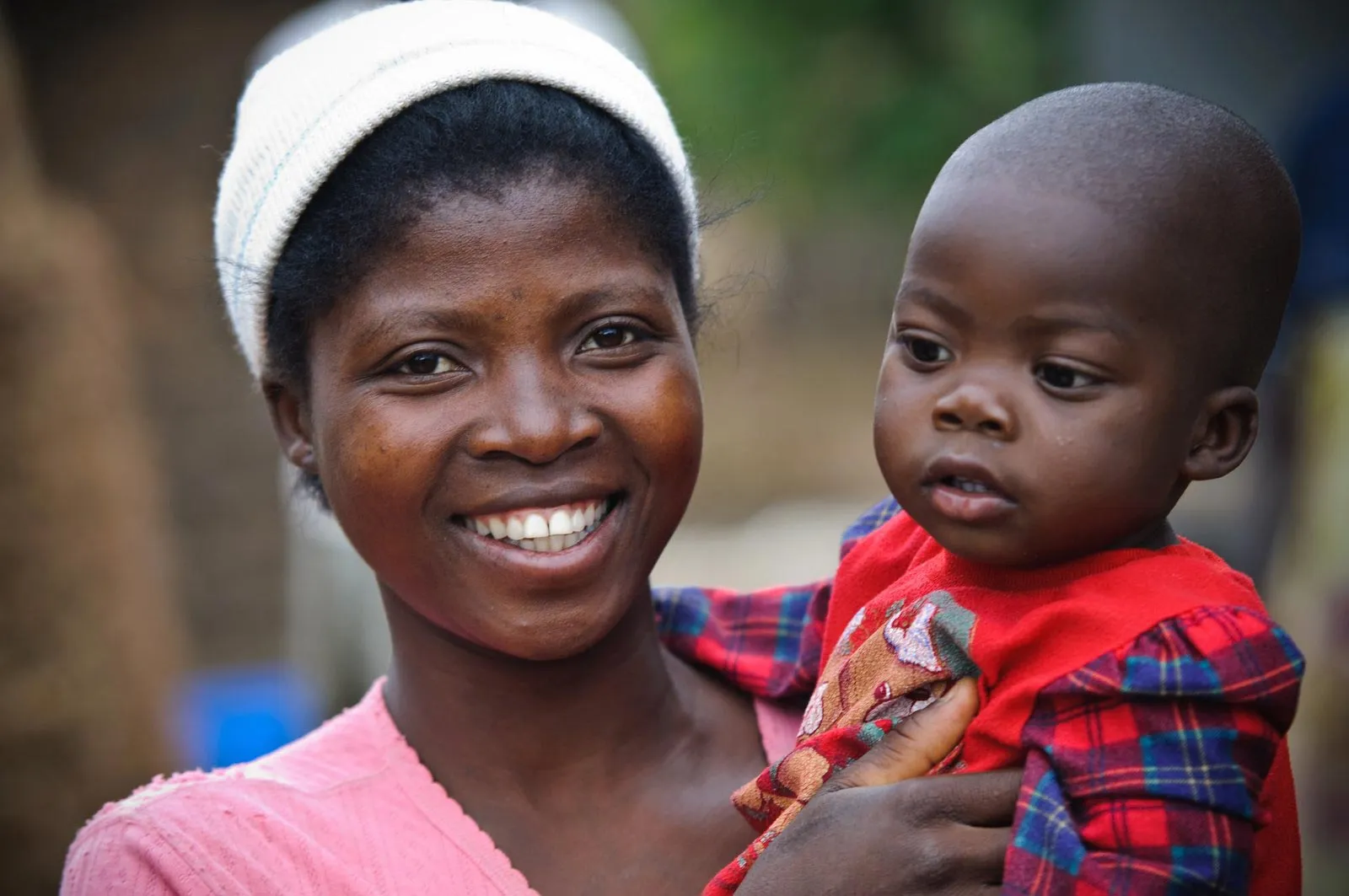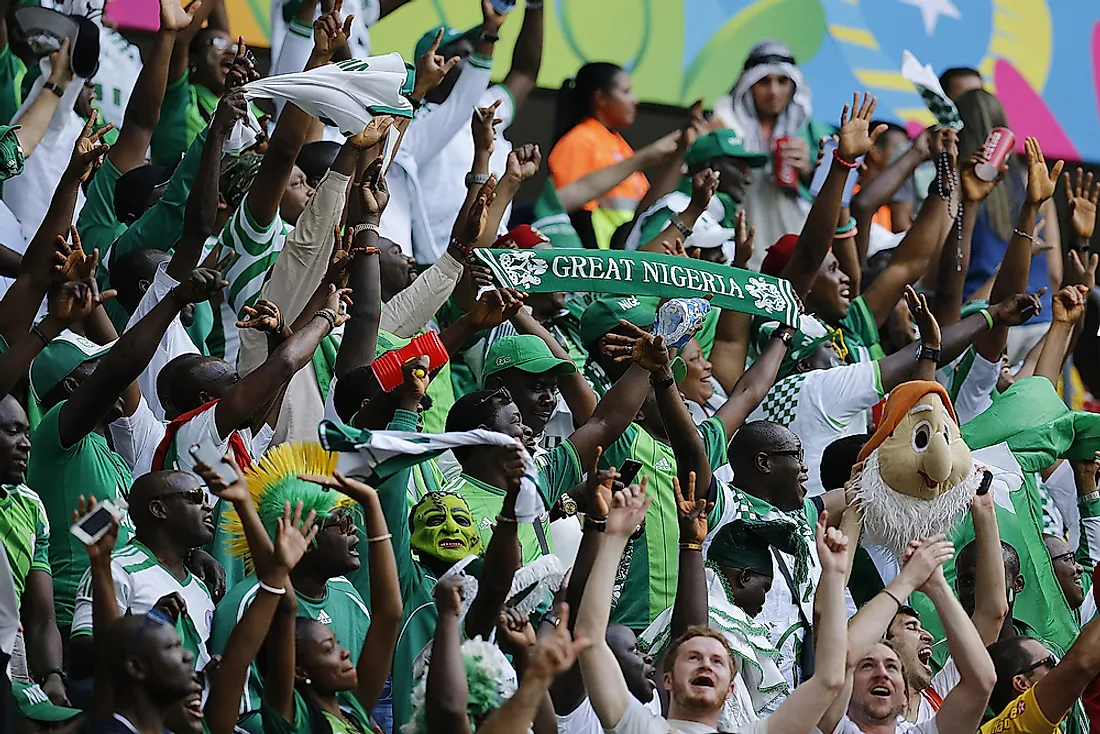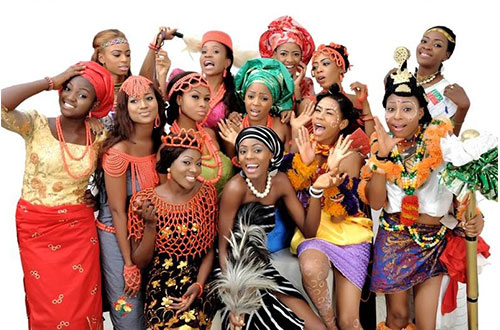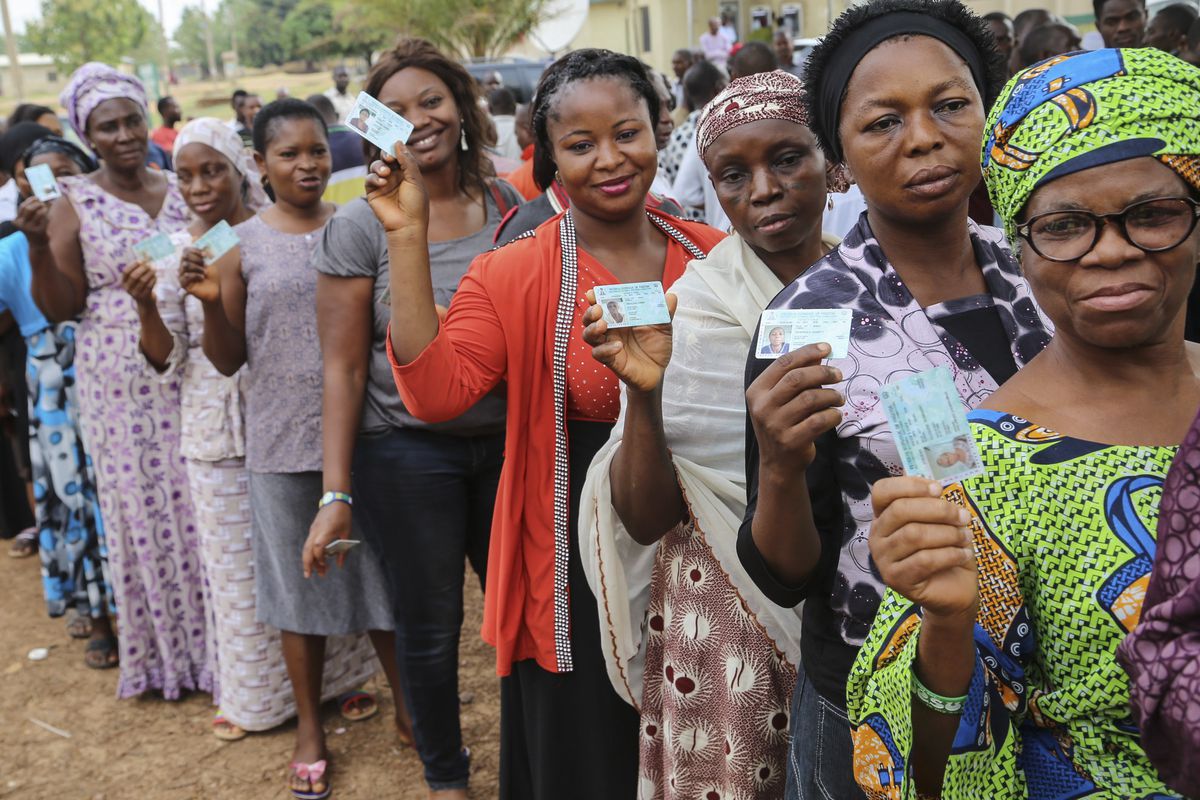A Fully Functional Educational System
The most urgent challenge that most schools in Nigeria face is inadequate funding at the federal, state and local government levels. In 2017, the entire sector received an allocation much lower than the United Nations 25% (of the national budget) recommendation. Add the incessant strikes, unstable curriculum, inadequate and sometimes poorly qualified teachers, and lack of appropriate infrastructure and teaching aids, and what you have is an educational sector that is a shadow of its former self and not even close to the best in the world.
While several students from other African countries school in Nigeria, according to the UNESCO Institute of Statistics (UIS), the number of Nigerian students abroad increased by 164 percent between 2005 and 2015.
At PFF, we know that first-rate education acts as a superior socio-economic bridge builder; the Nigeria we see has more teachers with core competencies use proven teaching methodologies to deliver top-tier quality training. All children including those in humanitarian dilemmas have timely and sustained access to good education, and the government at all levels prioritizes the educational sector in the annual budget, supports its development till the quality of education offered in our schools, stand shoulder to shoulder with the best in the world.
